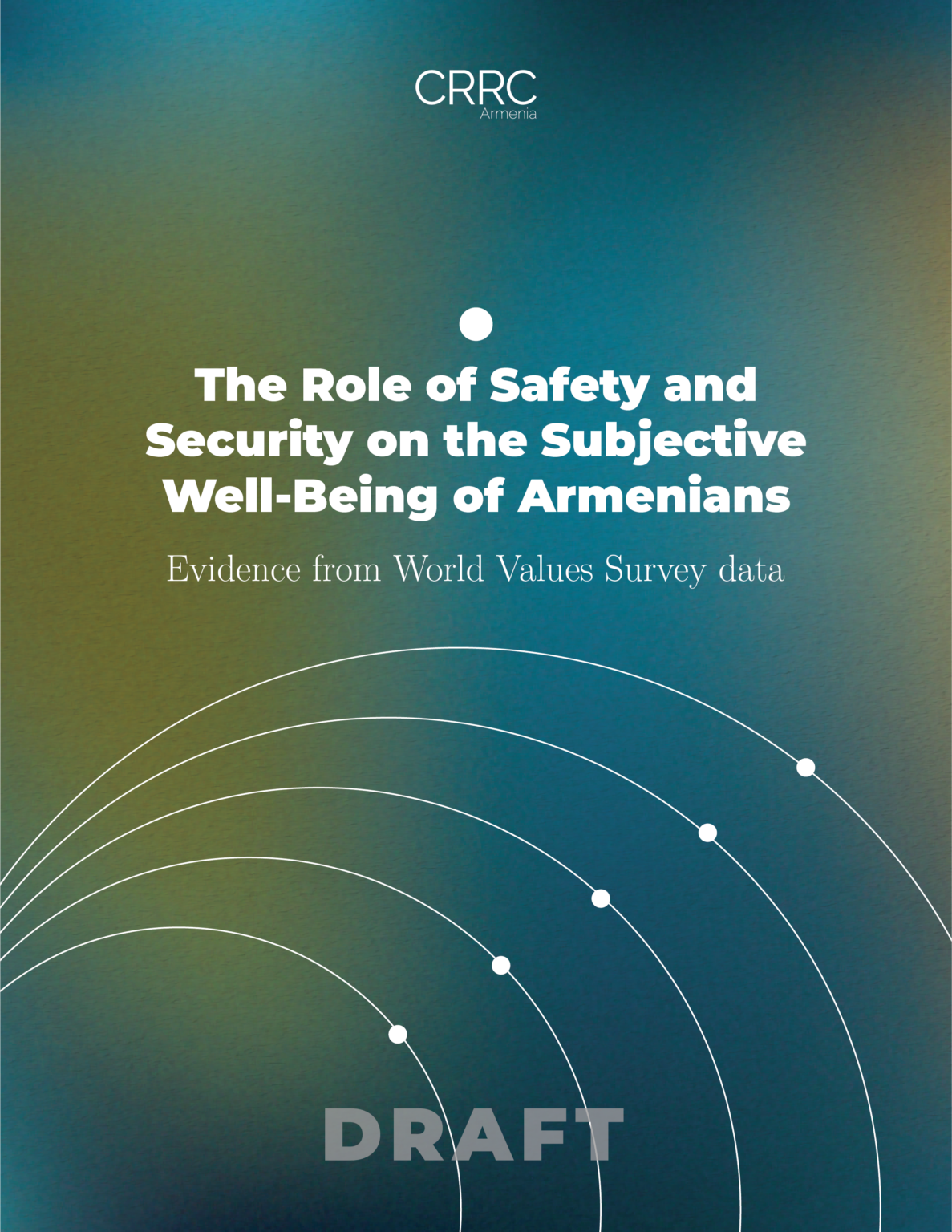Using data from the World Values Survey wave 7 (Haerpfer et al., 2020), this paper looks at basic needs as a major predictor of subjective well-being. Perceptions of the respondent’s economic situation and safety and security are analyzed as components of basic needs. Drawing on previous research, we build a model of
basic needs using exploratory factor analysis. We find five coherent dimensions of basic needs in the data. Using a binomial logistic regression model, we tested
their role as predictors of subjective well-being. We control for major demographic variables (age, gender, education level, marital status, and employment
status). We find that both community connectedness and perceptions of financial well-being are positively associated with subjective well-being. However, neither personal safety perceptions nor worries regarding a potential war affect subjective well-being significantly. This has important theoretical implications as previous literature posited that safety and security may be a predictor of subjective well-being in war-affected countries.


